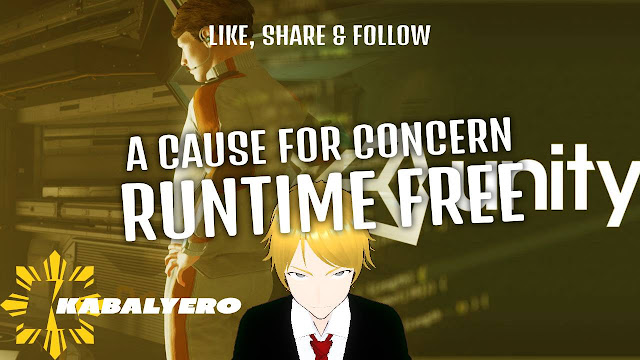The Unity Game Engine Runtime Fee » A Cause for Concern Among Indie Game Developers
Unity, one of the most popular game engines in the industry, recently announced a new policy that has caused quite a stir among indie game developers. The policy, known as the Runtime Fee, will come into effect on January 1, 2024, and will charge developers a fee for every installation of a game using the engine after certain revenue and install count thresholds are met.
Under the new policy, developers using Unity Personal and Unity Plus will be subject to a fee once their games generate $200,000 in revenue over the past 12 months and reach 200,000 lifetime installs. Beyond these thresholds, developers will have to pay Unity 20 cents per install. The announcement of this policy has sparked outrage among indie game developers who fear that it will have a detrimental impact on their ability to create and distribute games.
Starfield Premium Edition Xbox Series X, Xbox Series S, Windows [Digital]
One of the main concerns raised by indie developers is that the policy is being retroactively implemented. This means that developers who have already released games using the Unity engine will be subject to the new fees. This has led to accusations that Unity is changing the rules of the game midway through, leaving developers vulnerable to unexpected costs and potentially impacting their ability to participate in game giveaways, bundles, and subscription services like Game Pass.
The new Runtime Fee policy has been met with widespread criticism from the indie game development community. Many developers argue that the fees could end up costing them more than their games will ever actually make. This has raised concerns about the financial viability of indie game development and whether it will remain a viable career path for aspiring developers.
Last Wish: Introducing the Witcher
In response to the backlash, Unity has announced that it will make changes to the controversial Runtime Fee policy. However, it remains to be seen how these changes will address the concerns raised by indie game developers.
The controversy surrounding Unity's new Runtime Fee policy highlights the challenges faced by indie game developers in an increasingly competitive industry. Aspiring developers must carefully consider the financial implications of using different game engines and weigh them against their creative aspirations. While Unity remains a powerful tool for creating games, its new fee structure has undoubtedly raised questions about its long-term viability for indie developers.
FTC Disclosure: This post or video contains affiliate links, which means I may receive a commission for purchases made through my links.







No comments
Note: Anonymous commenting is enabled but please keep it civil. All comments are moderated so don't worry if it doesn't immediately appear.It'll appear as soon as it's get approved. (Due to the amount of SPAM the blog has received, I have decided to activate Word Verification in comments.)